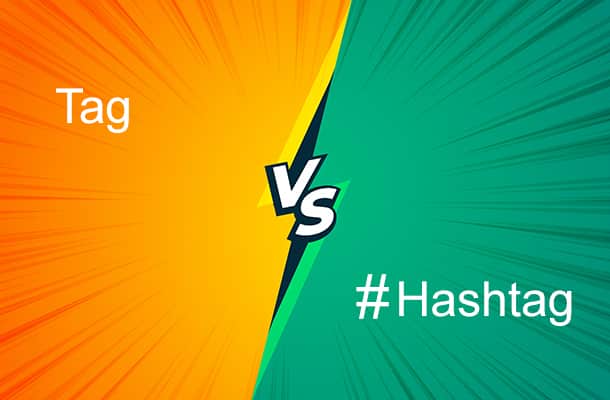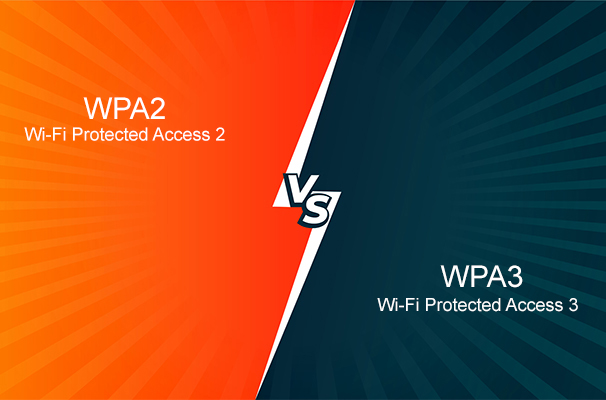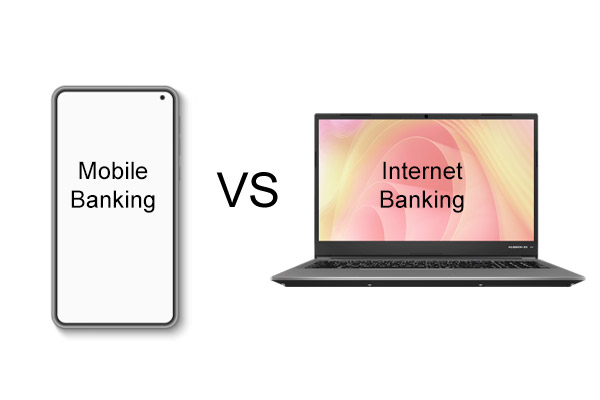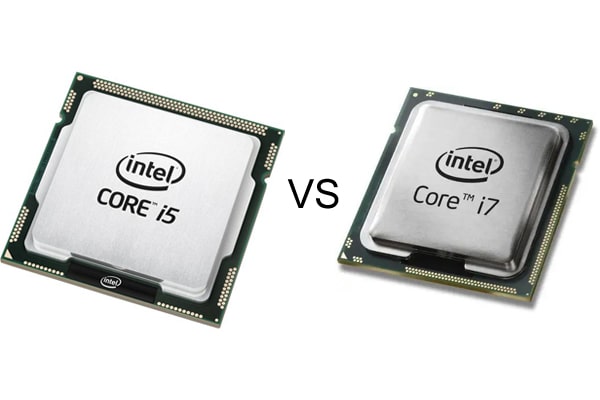Dive into the captivating world of content creation with our comprehensive guide, exploring the core differences between bloggers and vloggers. This detailed comparison examines their unique platforms, visual elements, technological requirements, and editing processes. From text-based blogs to dynamic video content, we reveal how these digital creators captivate audiences in their own ways. Whether you’re leaning towards the written word’s nuance or the visual allure of vlogs, our tips for choosing the right path can guide your journey. Remember, in the realm of content creation, your success is not just about choosing blogging or vlogging; it’s about aligning your choice with your passion, skills, and the audience you wish to engage.
What is a Blogger
A blogger is a digital content creator who manages a blog, crafting engaging narratives on topics they’re passionate about. The term ‘blogger’ refers to anyone who generates material for a website or blog, diving deep into subjects, sharing experiences, or expressing viewpoints.
Initially dubbed as ‘weblogs’, blogs provided a virtual canvas for people to chronicle their daily activities, thoughts, stories, and visual content. As some of these personal journals gained popularity, blogging evolved from a mere pastime into a recognized form of communication and information dissemination.
Blogging is a flexible activity, requiring nothing more than internet access and a device. It offers the freedom to write from anywhere – at home, a cozy café, or a serene beach. However, a critical prerequisite for any blogger is a deep understanding of their chosen subject matter.
Whether writing about personal experiences, business insights, trending news, or social issues, a blogger’s role is akin to a freelance artist. Blogs offer close-up views of specific topics to a specialized audience, serving as a platform for writers, photographers, or information curators to express their creativity.
Moreover, blogs have emerged as powerful tools to transmit messages, offer professional services, or simply publish thoughts for others to read. With the potential to be monetized, they’ve evolved from personal diaries into commercial platforms.
In essence, the beauty of blogging lies in its accessibility. Anyone with a story to share or a message to spread can reach a global audience with a few strokes on the keyboard. Through blogging, individuals have the power to influence, inspire, and engage readers across the world.
What is a Vlogger
A vlogger is a digital storyteller who captures life’s moments and experiences through video content, captivating audiences on platforms like YouTube, Instagram, and more. Vloggers like Casey Neistat, Lost LeBlanc, and Fun for Louis, are shining examples of how everyday activities can transform into engaging narratives.
Vlogging transcends traditional writing, taking the audience on a visual journey. It might involve a beauty guru testing different cosmetics, a tech enthusiast unboxing a new laptop, or a travel lover sharing exotic journeys. Some vloggers choose to share snippets of their daily life, while others niche down, focusing on specific activities or interests.
For some successful vloggers, the art of video creation has become a full-time job, generating sufficient income to sustain their lifestyle. This has led to the emergence of business vlogging. Business vloggers, often hired, create content designed to narrate a brand’s story, forming an integral part of their marketing strategy.
However, a common misconception is equating YouTubers with vloggers. While all vloggers can be YouTubers, not all YouTubers are vloggers. The difference lies in the content; vloggers primarily record their life events and share them as videos, while YouTubers might create a broader range of content, from tutorials to short films.
In the world of content creation, vlogging provides a unique, intimate connection between the creator and the viewer, making it an exciting and impactful platform for storytelling.
Difference Between Blogger and Vlogger
The line between blogging and vlogging might blur for many, but the differences between these content creation approaches are distinct and cater to diverse audience preferences. Let’s delve into these disparities, including the platform, visual appeal, equipment, and editing process.
Platform
Bloggers typically have personal websites, acting as their digital hub, housing all their blog posts. Their domain names often reflect their name or blog’s theme. For instance, a food blogger named Mary might own a website called ‘goodcookingwithmary.com.’ The website not only hosts the articles but also facilitates reader engagement through comments and social media sharing options.
On the other hand, vloggers publish their videos on video-sharing platforms like YouTube, where they organize content under individual channels. Viewers can like, share, and comment on the videos, fostering a dynamic viewer-vlogger interaction. Vloggers often leverage social media to tease their video content, driving traffic to their channel.
Visual Appeal
While both bloggers and vloggers use visuals to enrich their content, the format varies. Bloggers incorporate images and infographics to help readers visualize the content, such as including product photos in a gadget review.
Vloggers, however, rely heavily on video aesthetics, employing camera angles, lighting, and sound effects to enhance viewer experience. Creative transitions between video clips and effective time-lapse techniques further engage the audience.
Equipment
The technological arsenal for a blogger and vlogger differs too. Bloggers primarily need a computer and blogging-specific software for tasks like tracking website metrics and content scheduling. Adding photographs to the mix might necessitate a camera and photo-editing software.
Vloggers, in contrast, require more sophisticated equipment, including a high-quality video camera, lighting tools, and microphones for voiceovers. Post-production involves video editing software to piece together the final product, making vlogging more technology-intensive than blogging.
Editing Process
The final stage, editing, also differs between blogging and vlogging. Bloggers spend considerable time proofreading, checking for grammatical errors, verifying link functionality, and adjusting image dimensions. Once these elements are optimized, the blog post is ready for publishing.
Vloggers, after recording, embark on a meticulous video editing journey. They curate the video footage, decide the sequence, adjust audio levels, and add transitions to create a cohesive and engaging viewing experience. Given the video length and required edits, vlogging can involve a more extensive and time-consuming editing process.
While both bloggers and vloggers create engaging content and foster an online community, the choice between blogging and vlogging boils down to personal preference, technical capabilities, and the audience’s content consumption habits. Both forms have their unique appeal and offer vast opportunities for personal expression and connection.
Comparison Table : Blogger vs Vlogger
Understanding the differences between a blogger and a vlogger can be simplified with a quick glance at this comparative table. Each has its unique facets and requirements that influence their content creation process.
| Parameters of Comparison | Blogger | Vlogger |
| Meaning | A blogger creates written content, offering readers in-depth knowledge and insights on various topics. | A vlogger crafts content using video format, providing a more dynamic and interactive user experience. |
| Influence | Although influential, bloggers might reach a less extensive audience as reading long-form content requires more effort. | Generally, vloggers have a more profound impact due to the visual and interactive nature of their content. |
| Medium | Text forms the backbone of a blogger’s content. | Videos are the primary medium for vloggers. |
| Requirements | Bloggers require a subscription to a blogging website or platform. | A vlogger needs a YouTube account and a camera. |
| Platforms | Bloggers use platforms like WordPress and Squarespace to publish their content. | The primary platform for vloggers is YouTube. |
Remember, whether you choose to blog or vlog largely depends on your personal preference and the kind of audience you wish to reach.
Tips for Deciding Which Career Better for You
Embarking on a career as a content creator? Whether you lean towards blogging or vlogging largely depends on your personal preferences and logistical considerations. Here are some tips to guide your decision:
- Evaluate your schedule: The time you can dedicate to content creation plays a crucial role in your choice. Blogging, while needing thoughtful writing, generally demands less time than vlogging, which often requires extensive hours of filming and editing.
- Decide on your content type: If you’re passionate about writing and prefer maintaining a certain level of anonymity, blogging might be your best bet. On the other hand, if you love being in front of the camera and fostering a direct connection with your audience, vlogging could be the way to go.
- Choose your platform: The right platform can make all the difference in reaching your target audience. Vloggers tend to gravitate towards video-sharing platforms like YouTube, while bloggers often have their own websites, providing more control over content and layout.
- Estimate potential earnings: Content creation can be a lucrative career, with opportunities to monetize your content through advertisements, sponsorships, or affiliate marketing. The potential earnings can vary significantly between blogging and vlogging, and will also depend on the nature of your content and your audience size.
Remember, whether you choose to become a blogger or a vlogger, both paths offer unique opportunities for self-expression, creativity, and building a digital community. Your passion and dedication to your chosen path will ultimately lead to your success in the world of content creation.
FAQs
Can I be both a blogger and a vlogger?
Absolutely! Many content creators are both bloggers and vloggers. They use written content to provide depth and details, while video content allows them to connect on a more personal level with their audience. However, managing both types of content creation requires dedication and time.
Which is more profitable: blogging or vlogging?
It depends on several factors, including your niche, audience size, engagement rate, and the monetization strategies you implement. Both blogging and vlogging can be profitable with the right approach and a strong, engaged audience.
As a beginner, should I start with blogging or vlogging?
That’s a personal decision based on your skills and preferences. If you’re comfortable expressing yourself in writing and prefer anonymity, blogging might be a good start. If you’re more visually expressive and comfortable in front of a camera, vlogging could be an excellent choice.
How quickly can I start earning as a blogger or vlogger?
Earning from blogging or vlogging usually doesn’t happen overnight. It takes time to build an audience, establish trust, and implement effective monetization strategies. Patience, consistency, and quality content are key.
How can I decide which topics to cover as a blogger or vlogger?
Your topics should stem from your passions, interests, or expertise. Consider what you love talking about, what you’re knowledgeable in, and what your target audience would find valuable. Doing keyword research can also provide insights into what people are searching for in your niche.





